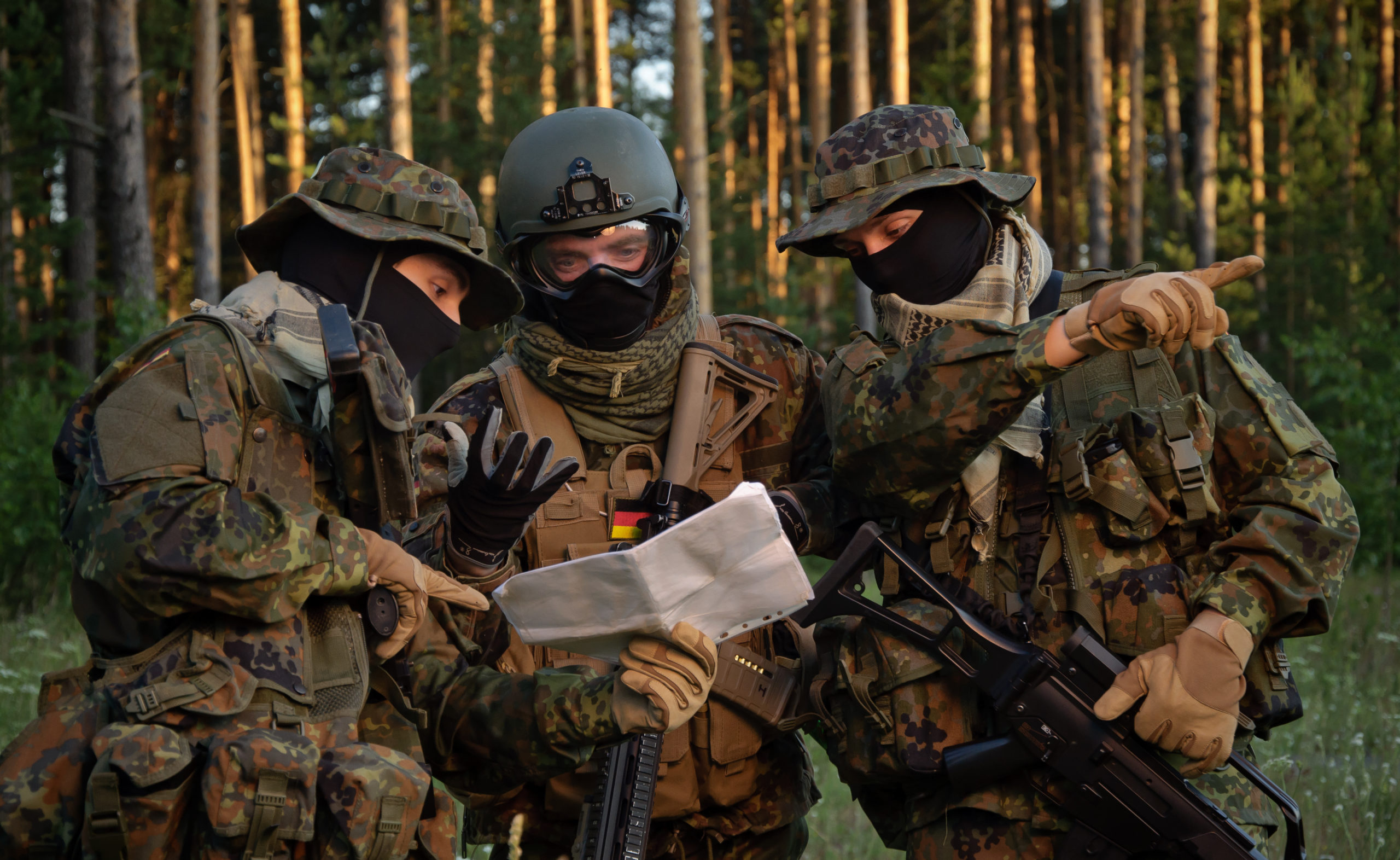The sorry state of Germany’s armed forces
U.S. President Donald Trump’s announcement—and subsequent confirmation—that he would reduce the 35,000 U.S. troops stationed in Germany by 28 percent provoked a barrage of criticism. And although U.S. politics remain as partisan as ever, the critics included both Democrats and Republicans.
Those who took issue with Trump’s announcement charged that it had blindsided the German government, with lawmakers in the Bundestag calling the president’s announcement “regrettable,” even “completely unacceptable.” The decision came without any evident coordination among foreign-policy and national-security bureaucracies, and it did not appear to be guided by a larger strategy.
These criticisms point to a familiar problem. In the Trump administration, impulse too often passes for policy. Even so, focusing solely on Trump’s abrupt decision lets Germany off the hook too easily. It obscures the larger context of this controversy, namely how NATO works today and Europe’s role within it.
To begin with, the German armed forces are in a sorry state, and that’s not because Germany, more important to NATO’s efficacy as a collective defense pact than any other European member state, lacks the means to fix this problem. It does not.
Read the full article here in Foreign Policy.
